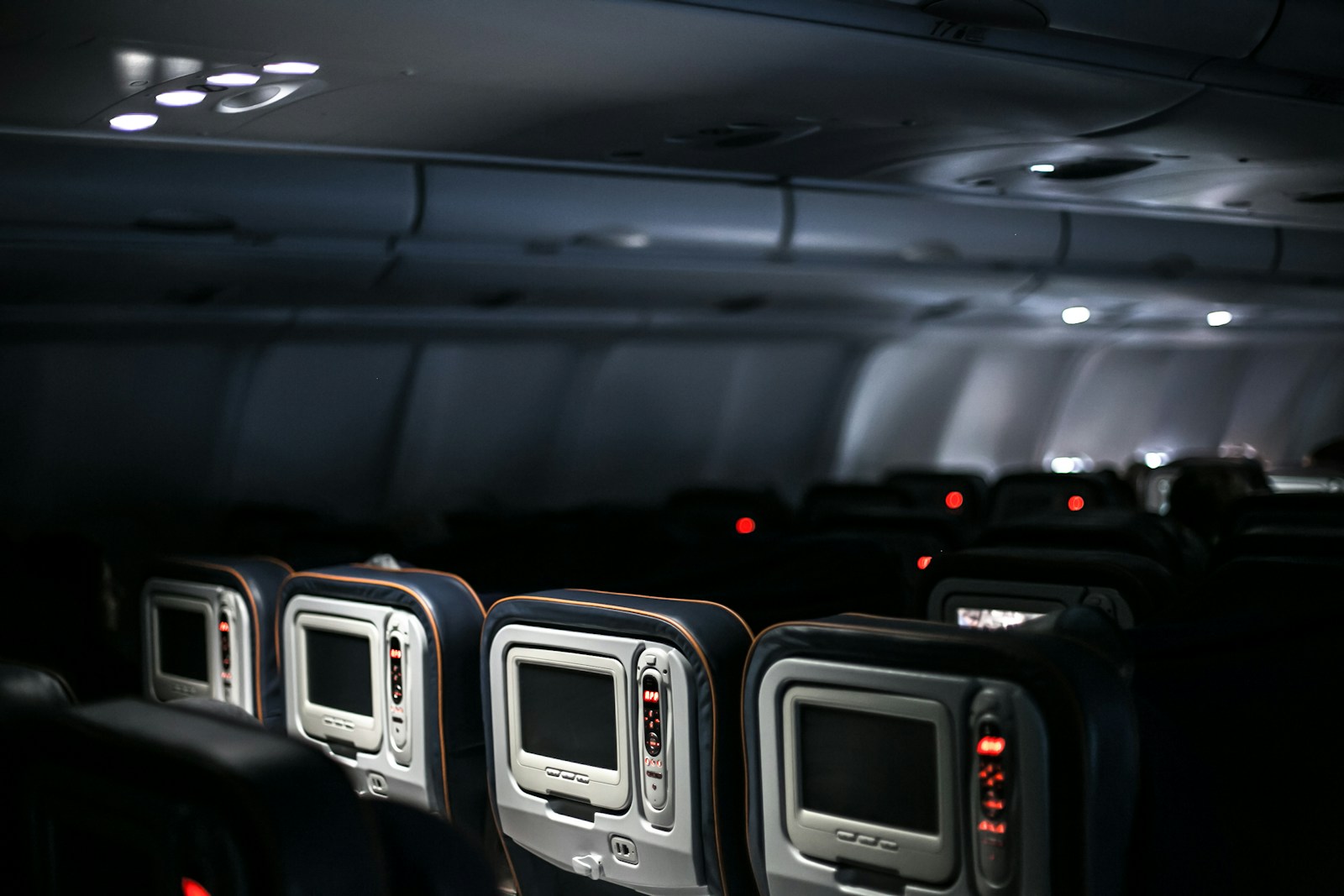Key Takeaways:
- Over 20% of Newark Liberty International Airport’s air traffic controllers have left or are on medical leave.
- United Airlines cancels 35 daily flights, about 10% of their Newark operations. -Controllers cite outdated equipment and high stress as reasons for quitting. -Staff shortages due to system outages cause widespread delays. -Newark was the 14th-busiest airport last year.
The situation at Newark Liberty International Airport has taken a turn for the worse. A significant number of air traffic controllers have left their jobs or are on medical leave, creating a severe staffing shortage. This crisis has forced major airlines like United to cancel numerous flights, affecting travelers and the airport’s functioning.
Why Are Air Traffic Controllers Leaving?
The exodus of air traffic controllers stems from their frustration over outdated equipment and increased work stress. Recent system outages at the FAA’s Philadelphia airspace operations center, which manages Newark’s air traffic, have further complicated the situation. These outages have slowed down flight operations, leading to delays and cancellations.
Imagine if your job required you to use tools from the 90s—how would that affect your work? Controllers face similar challenges daily, with equipment that hasn’t seen significant updates in decades. This antiquated technology makes their job harder, causing delays and increasing stress levels. The result? Many have left, unable to cope with the pressure.
Impact on Passengers and Airlines
The ripple effect of the staffing shortage is evident. United Airlines has canceled 35 daily round-trip flights from Newark, about 10% of their operations there. This not only disrupts travel plans but also tarnishes Newark’s reputation as a major airport hub. For travelers, this means more inconvenience, longer wait times, and the hassle of rebooking flights.
Airlines are bearing the brunt too, as they struggle to maintain their schedules without adequate air traffic control support. The cancellations translate to financial losses and potential long-term damage to customer trust.
No End in Sight
The problems at Newark seem far from over. With fewer controllers available, the FAA is forced to limit the number of flights, leading to more delays. United CEO Scott Kirby has expressed concerns about Newark’s ability to handle scheduled flights, hinting at a prolonged crisis.
The Bigger Picture
This situation didn’t develop overnight. Years of understaffing and funding cuts have contributed to the current state. The reduction of critical support roles, such as radar maintenance, during the Trump administration, has left the system vulnerable. Without essential support staff, air traffic controllers are stretched thin, exacerbating the crisis.
Looking Ahead
As Newark Airport faces this unprecedented crisis, the need for modernization and better staffing becomes clear. Without addressing these issues, the airport risks losing its status as a key transit hub, affecting the economy and travel options for millions. The focus now should be on upgrading equipment and ensuring adequate staffing to prevent such disruptions in the future.
In conclusion, the situation at Newark Liberty International Airport highlights deeper systemic issues affecting air travel. Addressing these challenges is crucial to restoring normal operations and preventing future crises.
